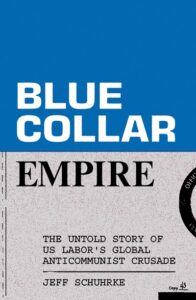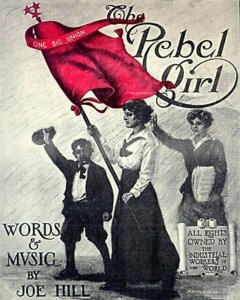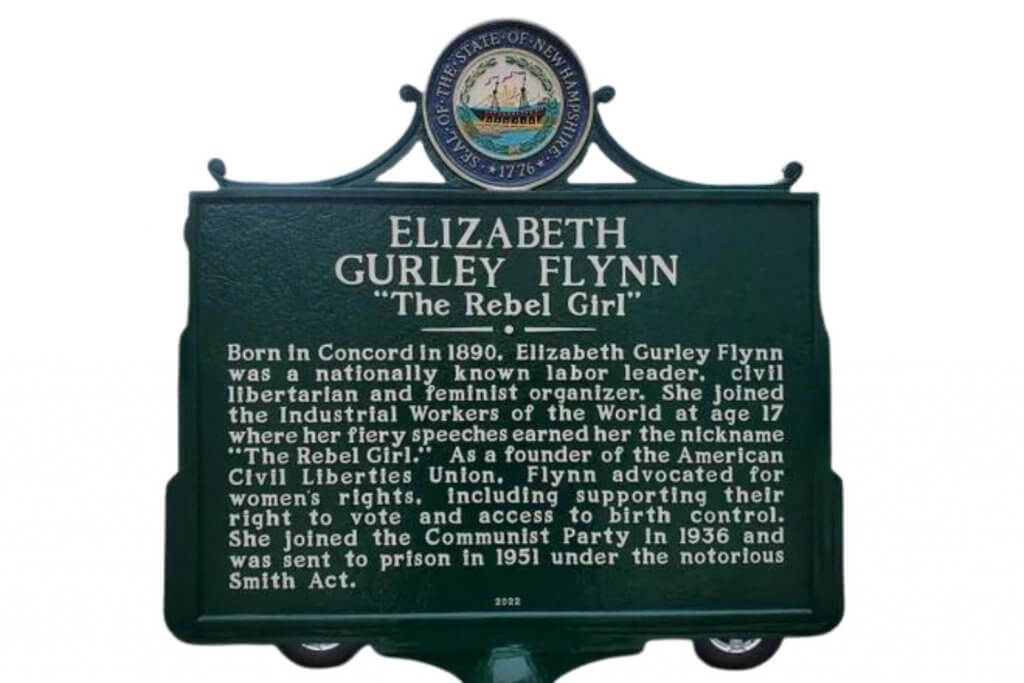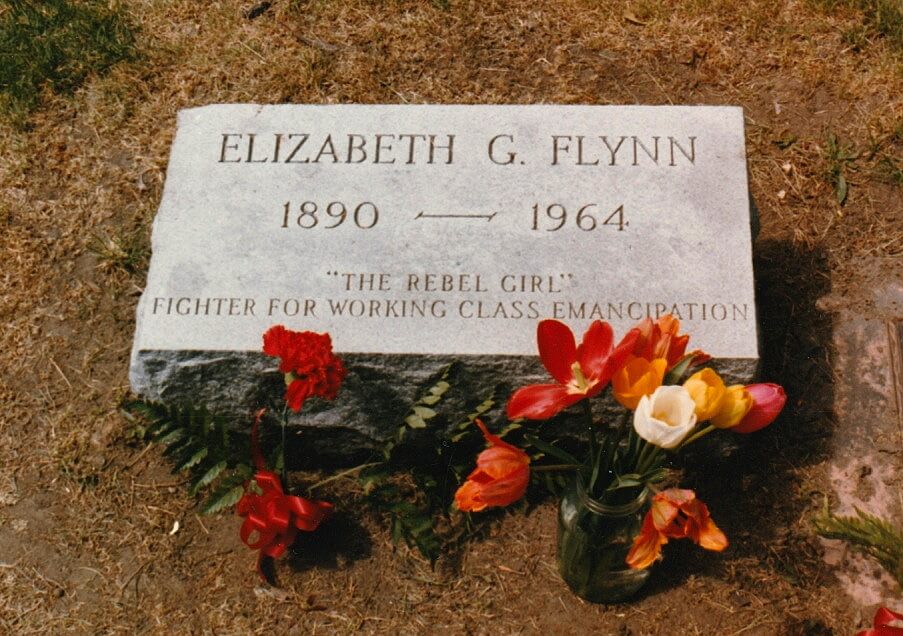In the UK, ecoactivists are increasingly turning to something new: sabotage. How far will it go? And how might it change the climate movement?
By Adem Ay

A Shut The System activist cuts the fibre optic cables of an insurance company in the City of London, January 20, 2025. Photo: Shut The System
It is the final week of February 2024, and the City of London, the capital’s ancient financial district, where corporations cluster like woodland trees, is teeming with climate activists. For three days they march the streets, block the entrances, and infiltrate the lobbies of major insurance companies. They act as part of a global campaign by an alliance of groups, and their aim is simple: stop the insurers from underwriting new fossil fuel infrastructure. This protest will end up showcasing both the pruning of one type of climate activism, and the blossoming of another.
The first activists to be arrested are a five-strong Extinction Rebellion troupe dressed like 1940s washerwomen, complete with hair curlers, heavy makeup and rubber gloves. Known as the Dirty Scrubbers, their plan is to performatively clean some corporate entrances, and dye some fake money green in their ‘greenwashing machine’ – an old washing machine on bike wheels. The action encapsulates much of what made Extinction Rebellion a global phenomenon – fun, theatrical, eye-catching activism that still has a bit of bite. The police commander is informed by protest organisers and gives the performance the go ahead. But half an hour later, the police on the street have other ideas. Thirty officers surround the Dirty Scrubbers as they wheel their greenwashing machine into the protest zone, and arrest them for conspiring to cause criminal damage. Only some are handcuffed, but all are loaded into vans and held in police cells until the evening. Their greenwashing machine is impounded.
On the third and final day of the protest, in the early hours of the night, a previously unknown group makes its debut. Hooded activists wielding paint-filled fire extinguishers spray the entrances of three insurers and flee the scene before the police arrive. Rather than getting cleaned by the Dirty Scrubbers, the skyscrapers end up stained blood-red by anonymous members of Shut The System (STS).
The Dirty Scrubbers are led into police vans, City of London, February 27, 2024. Photo: Extinction Rebellion UK
In their online manifesto (now taken down), STS promise to “shut down key actors in the fossil fuel economy” by waging an escalating “campaign of sabotage.” True to their word, their sabotage escalates. When they return to the streets four months later, this time to target Barclays bank in a joint action with Palestine Action, they don’t just spray-paint the bank’s glass fronted buildings, they smash them too. More than 20 branches are temporarily shut down across the UK to pressure the bank to divest from fossil fuels and Elbit Systems, Israel’s biggest weapons manufacturer. Weeks later, they return to the City of London to deface and smash insurance company windows.
Then in January of this year, STS try a new, more sophisticated kind of sabotage – cutting fibre optics cables. First to be forced offline is a collection of climate-denying lobby groups housed a stone’s throw from the British Parliament. Two weeks later, STS target those major insurers again, this time severing cables of firms not just in the City of London but also in Leeds, Birmingham and Sheffield.
Most recently, they target the private homes of three Barclays executives. On the morning of the bank’s AGM, its CEO, global head of sustainable finance, and president find their luxury properties spray-painted with messages demanding an end to fossil fuel investments. Cables are also cut at Barclaycard’s UK headquarters, and more than 20 bank branches have their door locks and ATMs superglued shut.
The ‘campaign of sabotage’ quickly bears fruit. A week after its entrance is stained blood-red, the insurance company Probitas declares it will not insure two ‘carbon bomb’ projects singled out by protesters (the East African Crude Oil Pipeline and a proposed coal mine in North West England). Days after STS and Palestine Action shatter Barclays bank branches, its CEO writes an op-ed in the Guardian renouncing the damage and voicing concern about the “overall suffering” in the Middle East. Four months later, the bank has sold all of its shares in Elbit Systems.
A long-term member of STS, who required total anonymity to be interviewed, was happy to outline the strategy behind their ‘campaign of sabotage’: “We want to give the climate movement more teeth by training up people and getting them into these sorts of actions, mobilising further across Europe and the world,” they say. “So when fossil fuel companies are presented with demands by protesters, they can expect the tactics we provide. There’s power in that. These industries will know that we’re escalating, know that we care about this, and know that we’re not going away.”
In adopting and spreading sabotage, STS doesn’t see itself as breaking away from the climate movement’s sustained adherence to non-violence. My contact instantly references the author of the manifesto How to Blow Up a Pipeline to explain: “I’m in complete agreement with Andreas Malm. Violence can be done to people, but not to buildings or infrastructure. We will not harm individuals.” Asked if they’d be willing to cut the cables of the home of, say, an oil company CEO, they don’t hesitate; “personally speaking, that’s within my limits. These people are killing people.”
But the use of sabotage does mark STS apart from the climate movement in other ways. The tactic necessitates a radically different culture to earlier organisations like Extinction Rebellion (XR) and Just Stop Oil (JSO), one where the need for security, and the fear of infiltration, reshapes nearly everything else. Reaching a member of STS for interview required multiple approaches. Once contact was made, Signal had to be jettisoned for a more anonymous messaging app. The days of open meetings in community halls and welcoming spokespeople is long gone. It begs the question, if you want to be a part of STS, how do you join? “We grow through people who know people, reaching out through a chain of trust,” says my contact. To become a member, you must be vouched for by at least two current members of STS, and members with deep roots in the climate movement are encouraged to scour their contacts for candidates. “We often find that people we’ve reached out to have been seeking a route in for a long time.”
This chain of trust spreads right across the UK, but it is a patchwork quilt, not a uniform fabric. Nobody can know everybody in STS, and group meetings are deliberately avoided. “Someone could have their phone taken away by police or put on remand. One person’s security failure could take out a lot of people” says my contact. Instead, a central team of organisers will chat with local leaders to agree on targets and dates and times, as well as pass on tactical knowhow. When it comes to deciding the specifics of an action – who takes which target, who adopts what tactic – the group operate like a take-away restaurant. “A long menu of possible options is sent around, and local cells then decide what they want to do based on location recces and capacity.”
A Barclays bank branch in Bristol after a joint nationwide action by STS and Palestine Action, June 10, 2024. Photo: Martin Booth
STS is a year old, and the menu system appears to be working. But it does raise issues around power distribution and decision-making. A typical STS activist will not know who writes the menu, nor have a say over what dishes are made available. Their experience of STS will rarely if ever breach the limits of their local cell. It’s a long way from the open strategy meetings of XR, or the large social soup nights of JSO, where power is mitigated and community fostered as much as possible. My contact accepts the criticism: “There are no elections right now for the central team, but questions are being asked about this. And we do want a system of feedback, but security is just so important.”
Questions are also being asked in the central team about money. Namely, how can supporters chip in so STS members can focus on action research and development full-time. “Applying for funding through the normal climate movement routes is very difficult,” confirms my source. “So far we’ve raised small amounts, mostly on the backs of individuals. We have plans afoot for many more types of sabotage, but the scope to try different things is dependent on finding funding.” Asked for possible solutions, my source can only say, “we’re working on it.”
The artistic side of the climate movement, so intrinsic to XR and offshoots like the Dirty Scrubbers, has also been sacrificed on the altar of security. The central team have little interest in branding, messaging, or media. “We do have a logo on Instagram,” points out my contact. “But our visual and social media content is minimal – a recognition that being in any kind of contact with our group holds risk. It’s not a philosophy, just a result of priorities. Our circle’s central concern is security.”
If STS is the vanguard of a new phase in the UK’s climate movement, this phase isn’t as accessible, transparent or fun as what came before. But my contact is sure that this self-described “darker, more serious wing” is needed. With a climate denier in the White House, Big Oil ripping up pledges to decarbonise, the planet heating faster than predicted, and climate scientists warning that cataclysmic tipping points could happen as soon as this year, it’s not surprising that some ecoactivists are ready to embrace more militant tactics. But when I ask my contact what drew them to sabotage, the worsening status quo, and the apparent failure of traditional protest tactics to reverse it, weren’t the only factors.
My contact first got involved in ecoactivism after the Covid pandemic, when a friend invited them to a local XR meeting. Impressed by the confident activists they found there, they started taking part in actions. As they spent more time in the movement, they learned about the global struggle for environmental justice, including brutal events like the Ogoni 9, where nine Nigerian activists opposing Shell’s drilling of the Niger delta were framed for murder and hanged in 1995. The UK-based oil giant was implicated in both their false charges and a long campaign of violence in the region. These corporate crimes fundamentally shifted how my contact saw XR’s activism: “What we were doing was engaging the public, but it started to feel too performative, like an illusion. We had this messaging of crisis, of lives being at risk, of needing to change right now! But we weren’t willing to really threaten the institutions most responsible.”
I put the criticism to Richard Ecclestone, an XR spokesperson and former police inspector. He is sympathetic: “I understand why they expressed those views. I’m horrified by the behaviour of companies like Shell, Barclays, Perenco (an Anglo-French oil company accused of ongoing ecocide in the DRC).” Ecclestone is also sympathetic towards their use of sabotage: “Personally, I don’t believe action against property is violent when you consider the harm being done by these companies to people and planet. A tiny amount of damage to their operations could be justified. That’s my take. Others within the movement will think different. We’re a broad church.”
But this doesn’t mean Ecclestone will be joining STS anytime soon, nor that he would welcome their tactics in future XR campaigns. “Our actions need to stick to our principles and values, and one of those is that we are accountable,” he says, meaning XR activists must accept the repercussions of their actions, including arrest. “If there’s no firewall between accountable and nonaccountable actions, we expose our people to extra risk, and that will hurt marginalised groups who for one reason or another can’t take on that risk. We have to do our best to be a home for everyone in the UK who wants to express their right to protest.”
City of London insurance firms are again visited by STS overnight, July 24, 2024. Photo: Shut The System
Another factor that steered my STS contact towards unaccountable sabotage was the increasingly draconian punishments the British state was dishing out to peaceful protesters. “Just Stop Oil’s campaign of blocking roads and disrupting sports events really boosted the signal – put the words just-stop-oil in every mind in the country,” they enthuse. “But the prosecutions and prison sentences have been ridiculous. If I’m going to go down and do time, I want to cause the maximum amount of disruption in the time I have, and that means covert actions.”
Since the rise of groups like XR and JSO, the UK government has been introducing increasingly repressive anti-protest laws, at least some of which were drafted by an oil-funded lobby group targeted by STS cable-cutters. The latest legislation started being enforced by police last year. As a result, unprecedented numbers of nonviolent protesters, mostly members of JSO, have been either imprisoned for years or paralysed by bail conditions for years as they wait for the overwhelmed justice system to put them on trial. The new laws have been used for even mildly disruptive actions like slow-marching, and when activists do have their week in court, the new legislation allows judges to strip them of all legal defences and ban them from mentioning climate change to juries.
After nearly 200 prison sentences, thousands of court cases, and the government adopting their core demand to stop new oil and gas, JSO has ended its three-year campaign. Their final action, a celebratory march through central London, took place last month. Mel Carrington, a JSO spokesperson, is bullish about the group’s achievements: “We won our demand, and we made the need to end new oil and gas a national talking point.” But she also acknowledges that the group failed to mobilise enough people to continue, and that the state crackdown on protest played its part in that: “To do street level actions you need a broad base of support. Since 2022, fewer and fewer people have mobilised, even for modest actions like slow marching. That’s the trend.”
While part of JSO will remain to support its many activists still trapped in the justice system, the bulk of the organisation will now metamorphosise into something new. And while Carrington is in dialogue with groups like STS, and open-minded about their tactics, she is confident that JSO’s successor organisation will not adopt them. Again, the key issue with STS is their lack of accountability, and how that undermines JSO’s understanding of nonviolence. “Nonviolence uses disruption to create moments of tension and an emotional response, and accountability is an essential part of that,” she says. “As we don’t hide our faces or identities, we show that we are willing to stand up for what we believe in and to accept the legal consequences.” By ensuring actions are public displays of human vulnerability and courageous defiance, accountability is also a major catalyst for press attention. “Disruption, arrests and imprisonment are typically what drives our media coverage” continues Carrington.
While JSO and XR are both firmly wedded to accountability, they have very different takes on the virtues of disruption. On New Year’s Eve of 2022, XR renounced public disruption as a primary tactic, and started to prioritise attendance over arrests to stem waning participation post-pandemic. This led to ‘The Big One’ a few months later, a four-day rebellion outside the British parliament that was carefully marshalled by XR to minimise risk and maximise participation. And while The Big One did draw huge crowds, media interest was threadbare, the government ignored it, and it failed to match the impact of previous rebellions. Or as Carrington puts it: “XR got 90,000 onto the streets, but no one cared because it wasn’t challenging anything.”
Ecclestone gently refutes the idea that no one cared about The Big One, noting how XR collaborated with more than 200 organisations for the event, and how much hard work went into forging that grand alliance behind the scenes. For him, media coverage is not the only way to engage more of the population, and XR has no plans right now to go back to disrupting the public. “XR has remained consistent over the years. Our principles and values haven’t changed. We’ve always tried to be inclusive and accessible, and a home for everyone in the UK.”
What has changed for Ecclestone is police strategy. “In the 1990s, when I was policing protests against live animal exports, we had no interest in arresting the activists, or punishing them for blocking the trucks. We let them express their right to protest, and let the trucks get through with a minimum of fuss,” he says. “This new legislation is a way for police to abdicate their responsibility to enable peaceful protest. If you extinguish people’s right to protest, they’ll go to Shut The System to take it out on perpetrators directly rather than trying to persuade politicians.”
Although my STS contact will not be drawn into details, the group have big plans for this year, and they will not be alone in bringing sabotage to British streets. In February, another new climate group, Sabotage Oil for Survival, kicked off their campaign by drilling into the tyres of over 100 gas-guzzling SUVs across three Land Rover dealerships. Palestine Action will also continue to share knowledge and collaborate with STS, and although there is no formal union between the two organisations, my contact describes the pro-Palestinian network as their “biggest inspiration.”
As for what this sabotage-filled future might mean for the rest of the climate movement, my STS contact focuses on the positives. They cite a recent academic study showing the “radical flank effect” of JSO, where that group’s disruptive actions made the moderate campaign of Friends of the Earth more popular. With global warming already exceeding 1.5°C, the Paris Agreement now a roadmap for a bygone era, and even the sober risk analysts of the insurance industry now warning that four billions lives could be lost by 2050, the belief that only moderate means can divert us from disaster feels increasingly delusional. If the climate movement adds sabotage to its arsenal, and breaking glass ends up breaking the political impasse, such actions should be seen not as sneaky sabotage, but heroic self-defence.
ZNetwork is funded solely through the generosity of its readers.Donate
Adem Ayy is a writer and activist based in London. He spent five years working for Extinction Rebellion, where he helped coordinate the global media team and edit a global newsletter that connected him to activists all over the world. He wants to spread their inspiring stories as far and wide as possible.





